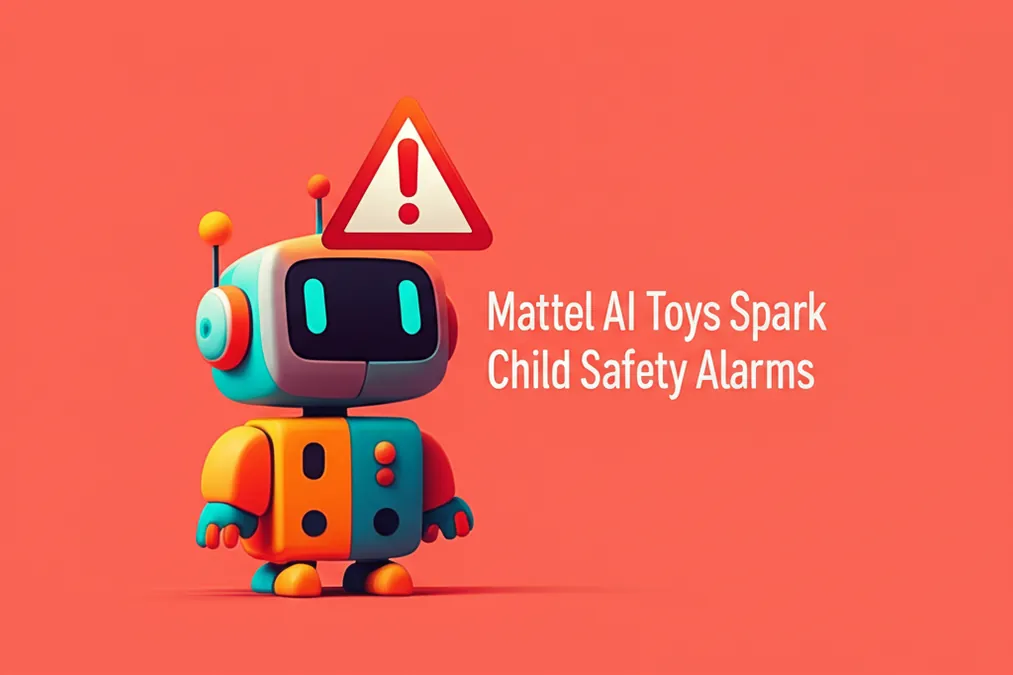ChatGPT Use May Weaken Brainpower MIT Study Suggests
Our brains are remarkable, controlling everything from our thoughts to our movements. They thrive on challenge and learning, constantly forming new connections through neuroplasticity. This adaptability is crucial throughout life. Highlighting this, recent research suggests that relying on AI tools like ChatGPT for tasks such as essay writing, instead of engaging our own cognitive processes, could significantly impair cognitive function and reduce brain connectivity. This concern echoes previous warnings about cognitive atrophy.
The MIT Study Investigating AI and Brain Function
Led by Nataliya Kosmyna, a research scientist at the Massachusetts Institute of Technology, a study explored the impact of generative AI models such as ChatGPT on brain connectivity and language use. The research focused on distinguishing the effects on individuals who wrote essays using three different methods: reliance on search engines, their own memory, or generative AI.
How Brain Activity Was Measured and Analyzed
To achieve the study's goals, the research team involved 54 participants, divided into three distinct groups. One group used ChatGPT for their essay writing, a second group utilized search engines for information, and the third group composed essays relying solely on their memory. Throughout the essay writing process, researchers used electroencephalography, a device that records and monitors brain activity, to measure cognitive engagement.

Key Findings AI Use and Brain Connectivity
Once the essays were completed, they were analyzed and scored by both human evaluators and AI systems. The findings, detailed by MIT Media Lab, were quite revealing. Participants who relied on AI tools like ChatGPT demonstrated the lowest levels of brain connectivity. In contrast, those who wrote from memory showed the highest brain connectivity. Individuals using search engines fell in the middle, displaying moderate brain connectivity.
Implications The Double Edged Sword of AI
While artificial intelligence offers numerous potential benefits, this study underscores a crucial warning: its misuse can diminish our critical thinking and reasoning capabilities. This concern is amplified by instances of AI generated misinformation appearing in scientific contexts, sometimes even gaining traction on platforms like Google Scholar. The research serves as a vital reminder to use AI responsibly, ensuring we continue to engage our own minds and critically evaluate information to truly harness AI's potential for good.


